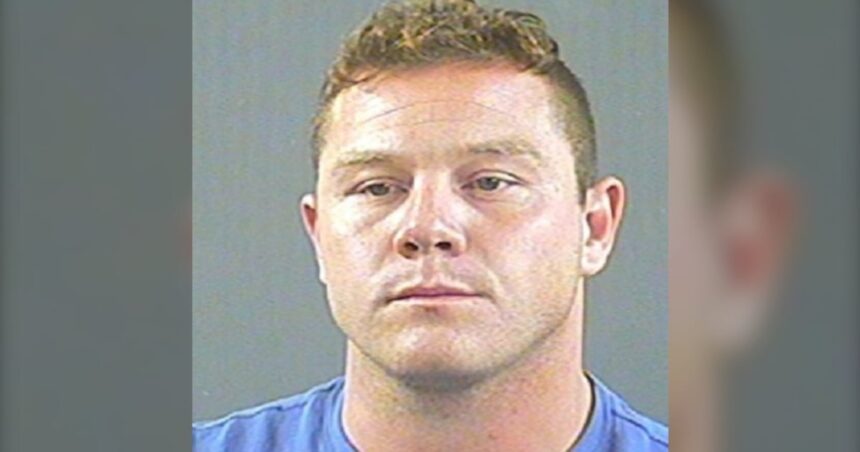In a landmark judgment that sends a strong message about the severity of sexual violence, a British Columbia man has been sentenced to over a decade in prison after being convicted of multiple sexual assaults against five women. The case has drawn significant attention across Canada for both the gravity of the crimes and the judicial response to them.
The 38-year-old perpetrator, whose crimes spanned from 2018 to 2022 in the Lower Mainland region, received a 12-year sentence from the B.C. Supreme Court on Tuesday. Justice Marion Reynolds described the offenses as “predatory and calculated,” noting that the defendant had deliberately targeted vulnerable women.
“These were not crimes of opportunity, but methodically planned attacks that caused profound and lasting trauma,” Justice Reynolds stated during the sentencing hearing. “The court has a responsibility to protect society from individuals who demonstrate such disregard for human dignity.”
Crown prosecutor Alison Buchanan presented evidence that the man had used similar tactics across all five assaults, often gaining victims’ trust before isolating and attacking them. In three cases, he administered substances without consent to incapacitate the women.
“Each survivor has shown remarkable courage in coming forward,” Buchanan told the court. “Their testimony was crucial in ensuring these crimes did not go unpunished.”
The investigation, led by the Vancouver Police Department’s Special Victims Unit, built a comprehensive case that included digital evidence, witness testimony, and forensic analysis. Detective Sergeant Maria Lopez, who headed the investigation, emphasized the collaborative effort required.
“This case demonstrates the importance of believing survivors and thoroughly investigating their reports,” Lopez said. “Sexual assault cases are complex, but our team was committed to pursuing justice regardless of the challenges.”
Victim impact statements revealed the profound psychological effects the assaults had on the survivors. One woman described experiencing severe anxiety and difficulty maintaining relationships, while another spoke of nightmares and flashbacks that disrupted her daily life.
Defense attorney James Chen had argued for a more lenient sentence of eight years, citing the defendant’s difficult childhood and expressions of remorse. However, Justice Reynolds determined that the premeditated nature of the crimes and the defendant’s lack of genuine accountability warranted a stronger sentence.
In addition to the prison term, the court imposed a lifetime registration on the sexual offender registry, a 20-year weapons prohibition, and mandatory DNA sampling. The defendant must also comply with strict probation conditions following release, including prohibited contact with the victims and restricted access to areas where children gather.
Sexual assault support advocates have cautiously welcomed the sentence while emphasizing that the legal system still faces challenges in addressing sexual violence. Erin Davidson, director of the BC Coalition Against Sexual Assault, noted that the case represents progress but that many survivors still face barriers to justice.
“While this sentence appropriately reflects the severity of these crimes, we must remember that most sexual assaults go unreported, and many that enter the justice system never result in convictions,” Davidson said. “This case should motivate continued improvements in how our legal system responds to sexual violence.”
The case has reignited discussions about sexual assault prevention and the need for better education around consent. Community organizations across the province have called for increased funding for survivor support services and prevention programs.
As the legal proceedings conclude, attention turns to the long recovery process for the survivors. Support services have reported increased calls following media coverage of the case, suggesting that public awareness of sexual violence continues to grow.
What remains to be seen is whether this case will contribute to meaningful change in how society addresses sexual violence—will it serve as a catalyst for better prevention efforts, or will it be just another headline that fades from public consciousness while survivors continue their difficult journey toward healing?










